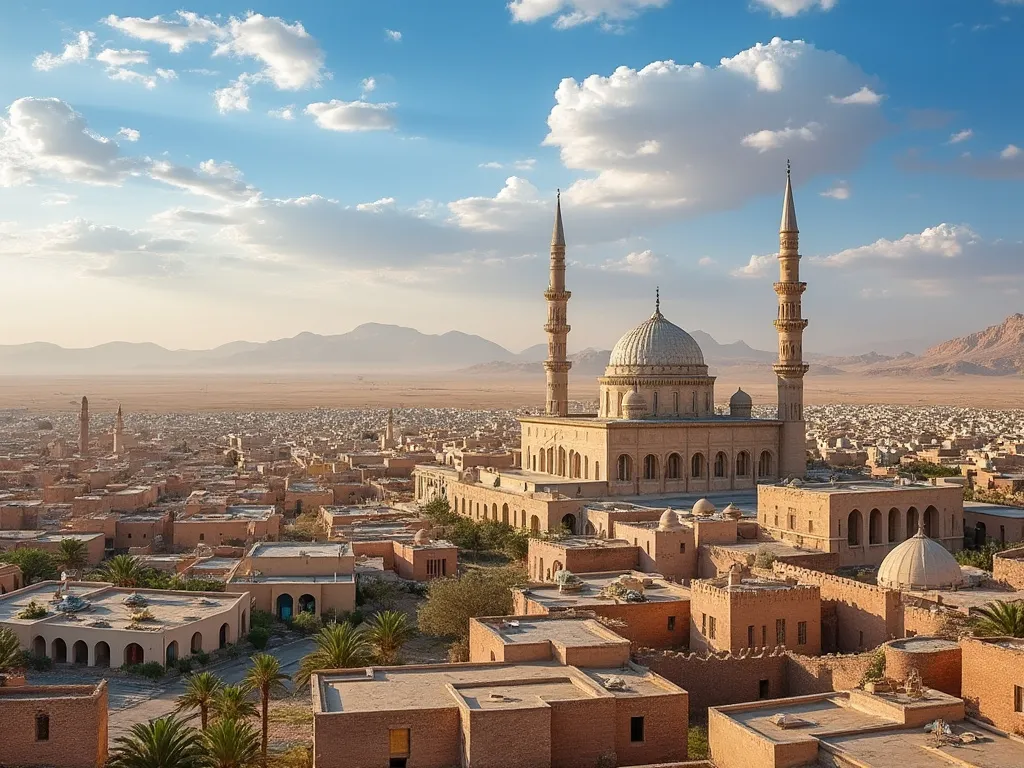
El Aaiún, también conocida como Laâyoune, es la ciudad más grande del Sahara Occidental y es reclamada por Marruecos como su capital. La ciudad tiene una rica historia que se remonta a la era colonial española y ha sido un punto de contención entre Marruecos y el Frente Polisario, un movimiento nacionalista saharaui, desde la década de 1970.
Información de El Aaiún
| País | 🇪🇭 Sáhara Occidental |
| Población | 217,732 (estimación 2020) |
| Coordenadas | 27°09′N 13°12′O |
| Área | 114 km² (44 mi²) |
| Clima | Clima desértico cálido |
| Idioma | Árabe, Español |
| Moneda | Dirham marroquí |
| Zona horaria | UTC+0 (WET) |
| Proximidad a otras ciudades importantes | Nuakchot (Mauritania) - 434 km (270 mi), Marrakech (Marruecos) - 1,011 km (629 mi) |
Antecedentes Históricos de El Aaiún
El Aaiún fue fundada en 1928 por colonizadores españoles como un pequeño pueblo pesquero. La ciudad creció rápidamente durante la era colonial española, convirtiéndose en un importante centro comercial en la región. Después de que Marruecos obtuvo la independencia de Francia en 1956, reclamó la soberanía sobre el Sahara Occidental, que entonces era una colonia española. En 1976, España se retiró del Sahara Occidental y Marruecos anexó el territorio, lo que llevó a un conflicto con el Frente Polisario.
Ubicación Geográfica de El Aaiún
El Aaiún está ubicada en la parte noroeste del Sahara Occidental, cerca de la costa atlántica. La ciudad se encuentra en una llanura costera, rodeada de dunas de arena y afloramientos rocosos. El clima es cálido y seco, con muy pocas precipitaciones a lo largo del año.
Significado Cultural de El Aaiún
El Aaiún es un importante centro cultural en el Sahara Occidental, con una mezcla de influencias árabes, bereberes y españolas. La ciudad alberga varios museos, incluido el Museo de El Aaiún, que muestra la historia y la cultura de la región. La ciudad también organiza varios festivales a lo largo del año, incluido el Festival Internacional de El Aaiún, que celebra la música, la danza y el teatro de todo el mundo.
Importancia Económica de El Aaiún
El Aaiún es el centro económico del Sahara Occidental, con un fuerte enfoque en la pesca, la minería de fosfatos y el turismo. La ciudad alberga varias empresas importantes, incluida la empresa estatal marroquí de fosfatos, OCP. El puerto de la ciudad también es un importante centro de comercio en la región.
Datos Interesantes Sobre El Aaiún
- El Aaiún alberga la mezquita más grande del Sahara Occidental, la Mezquita de El Aaiún.
- La ciudad tiene una mezcla única de arquitectura árabe, bereber y española.
- El Aaiún es un importante centro de producción de fosfatos, un ingrediente clave en los fertilizantes.
- La ciudad tiene una industria turística en crecimiento, con varios hoteles y resorts.
Atracciones Turísticas en El Aaiún
- El Museo de El Aaiún, que muestra la historia y la cultura de la región.
- La Mezquita de El Aaiún, una de las mezquitas más grandes del Sahara Occidental.
- La Catedral Española, una iglesia histórica construida durante la era colonial española.
- La Playa de El Aaiún, un lugar popular para nadar y tomar el sol.
Conclusión sobre El Aaiún
El Aaiún es una ciudad con una rica historia y cultura, ubicada en una región de gran belleza natural. A pesar del conflicto en curso sobre el estatus del Sahara Occidental, la ciudad sigue siendo un importante centro económico y cultural en la región. Los visitantes de El Aaiún pueden experimentar la mezcla única de influencias árabes, bereberes y españolas de la ciudad, y disfrutar de las muchas atracciones y actividades de la ciudad.
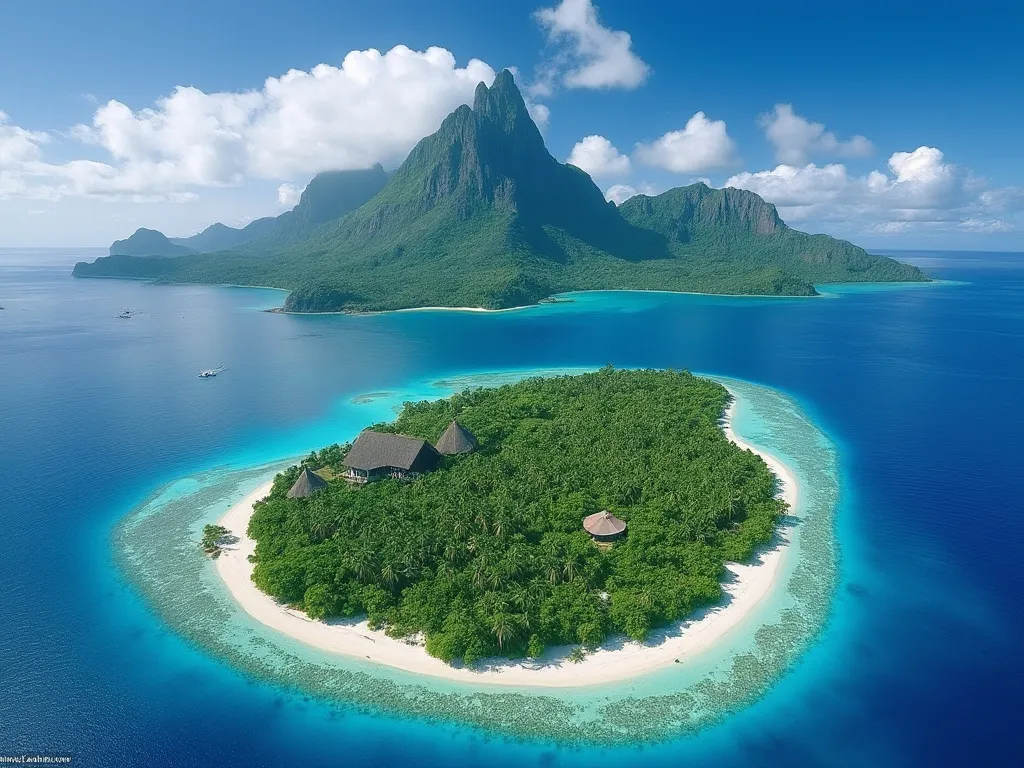 Fakaofo
Fakaofo
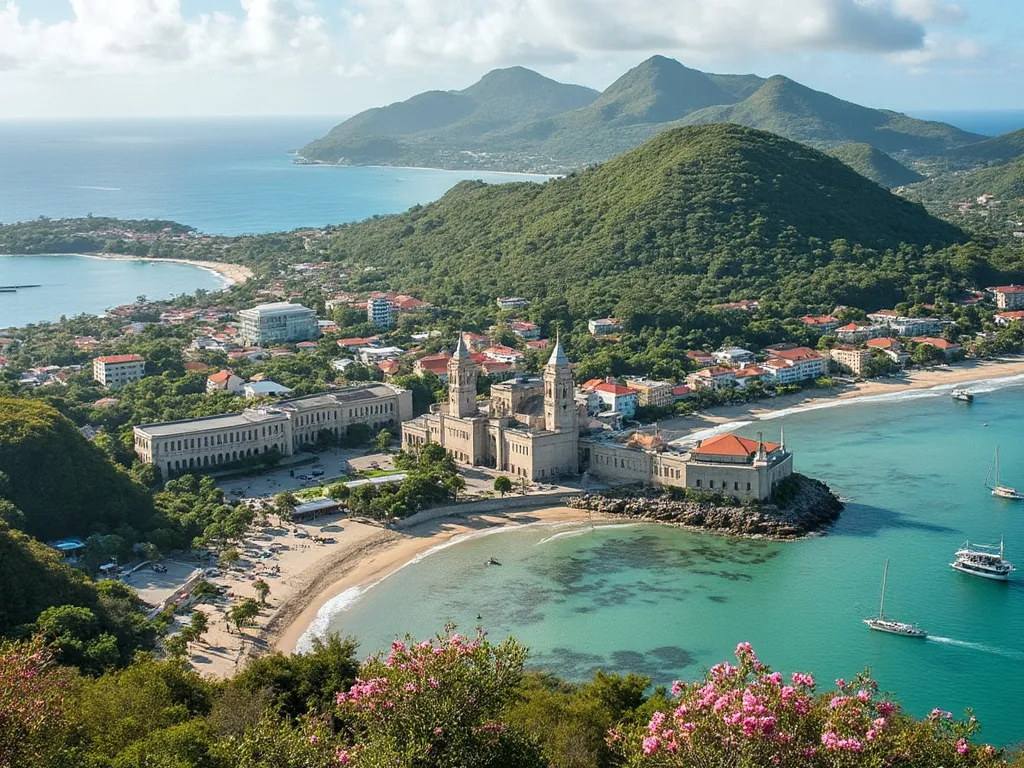 Fort-de-France
Fort-de-France
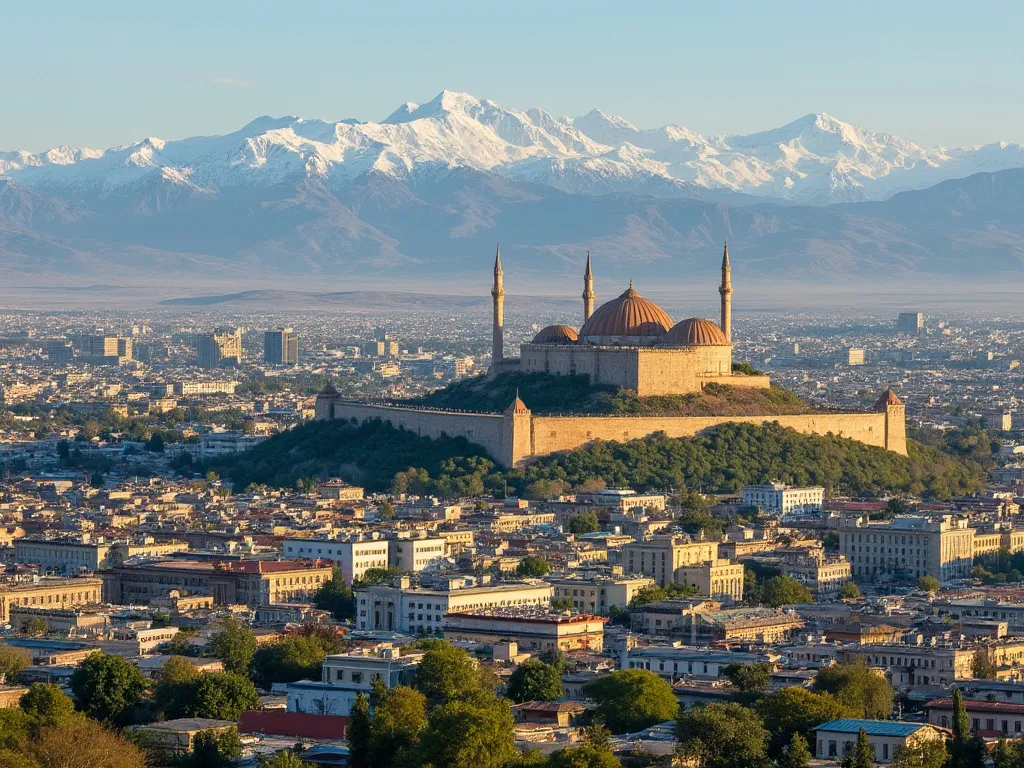 Dusambé
Dusambé
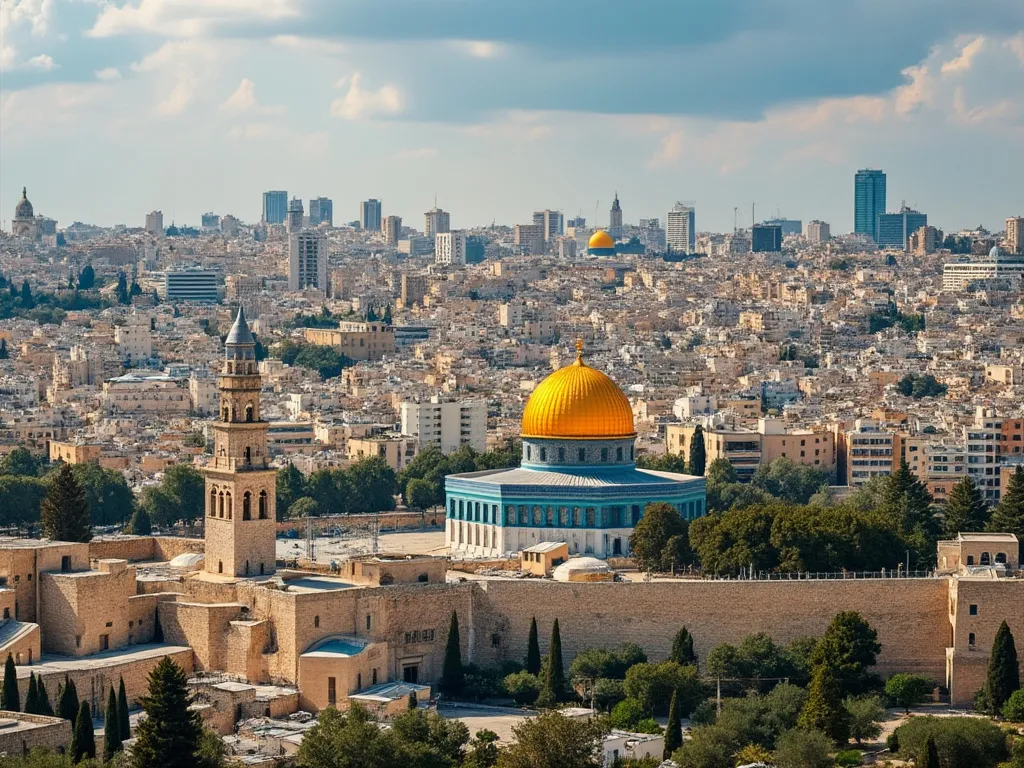 Jerusalén Este
Jerusalén Este